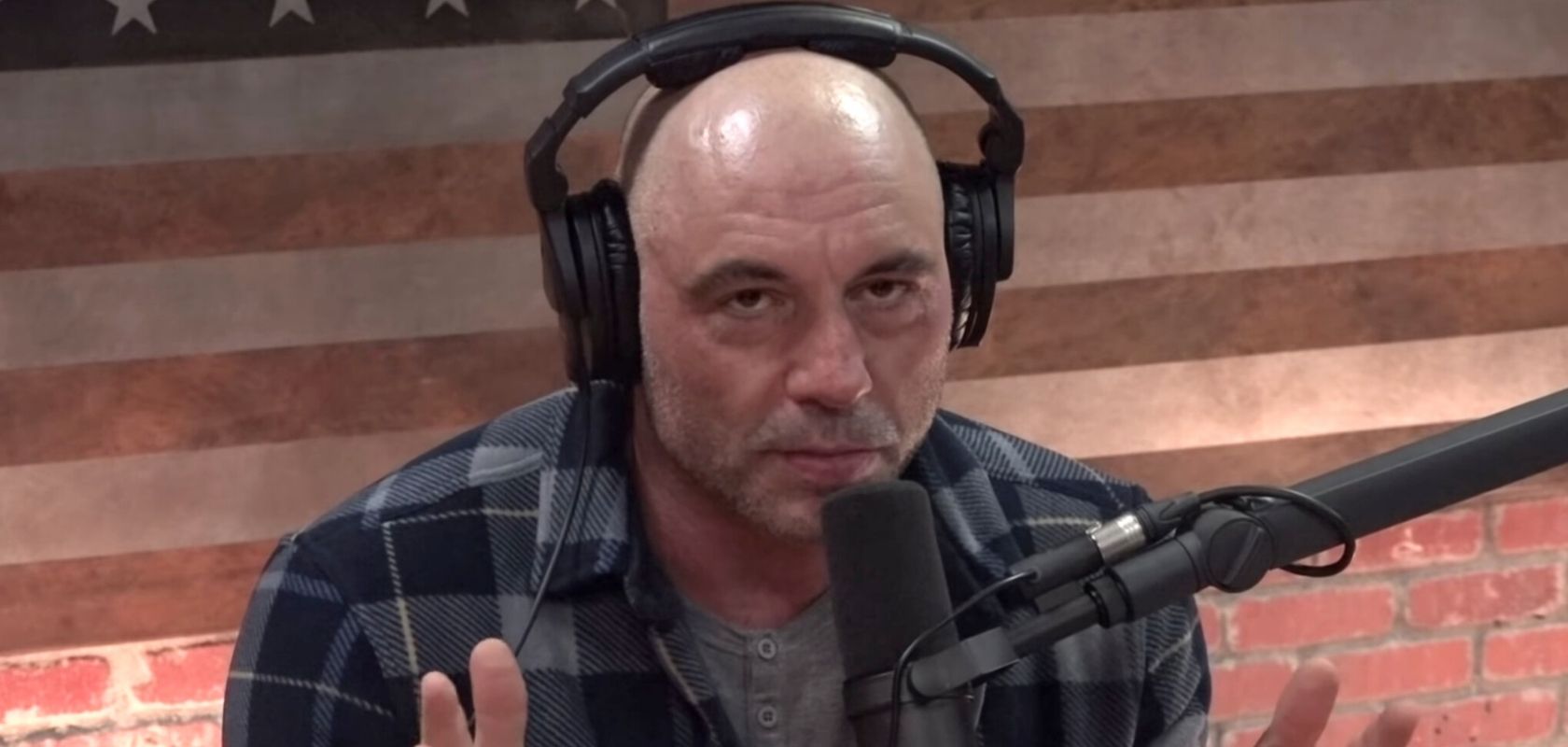
So this is a conversation about how evangelicalism morphed into the political identity we know it as today, why so many evangelicals have come to embrace apocalyptic thinking about politics and where the movement goes next now that Roe has been overturned. “The shaking of American culture is no sign that God has given up on American Christianity,” he writes in “Onward.” “In fact, it may be a sign that God is rescuing American Christianity from itself.” He encourages his fellow evangelicals to embrace their role as a “moral minority” in America instead of desperately clinging to political and cultural power. He believes that evangelicals’ embrace of Donald Trump was a mistake and that the way many evangelicals are approaching the culture wars - with what Moore calls a “siege mentality” - is toxic for the faith. But he has also voiced some of the most stinging criticism of the movement’s current direction.


Moore is the editor in chief of Christianity Today the author of numerous books, including “Onward: Engaging the Culture Without Losing the Gospel” and one of the most visible leaders in the evangelical movement right now. Understanding those divisions and what they portend for evangelicalism is deeply important, in large part because of the movement’s immense power in American politics. Jackson Women’s Health Organization, Russell Moore - a former president of the Ethics & Religious Liberty Commission, the policy wing of the Southern Baptist Convention - described the state of evangelicalism as one of “disarray.” He argues that surface-level political allegiances paint over much deeper divisions within what has become an increasingly polarized movement. But for many evangelicals, this isn’t the moment of celebration and unity it may have first appeared to be. Support Radiolab by becoming a member of The Lab () today.įollow our show on Instagram, Twitter and Facebook and share your thoughts with us by emailing Roe now overturned, the evangelical movement has achieved one of its decades-old political priorities. Radiolab is supported by listeners like you. It includes short essays, recommendations, and details about other ways to interact with the show. Our newsletter comes out every Wednesday. Original music by Brian Carpenter's Ghost Train Orchestra

And then checked-in again to hear about the unexpected after-effects a day of super-charged sniper training can have on one mild-mannered science journalist. And sat down with Peter Reiner and Nick Fitz, then at the University of British Columbia, to help us think through the consequences of a world where anyone with 20 dollars and access to a circuit board and a soldering iron, can make their own brain zapper. But that got then-producer Soren Wheeler thinking about this burgeoning world of electroceuticals, and if real, what limits will it reach.įor this episode, first aired back in 2014, we brought in Michael Weisend, then a neuroscientist at Wright State Research Institute, to tell us how it works (Bonus: you get to hear Jad get his brain zapped).

A couple of years later, Sally found herself wielding an M4 assault rifle to pick off simulated enemy combatants with a battery wired to her temple. Learn a new language faster than ever! Leave doubt in the dust! Be a better sniper! Could you do all that and more with just a zap to the noggin? Maybe.īack in the early 2010s, Sally Adee, then an editor at New Scientist Magazine, went to a DARPA (Defense Advanced Research Projects Agency) conference and heard about a way to speed up learning with something called trans-cranial direct current stimulation (tDCS).


 0 kommentar(er)
0 kommentar(er)
